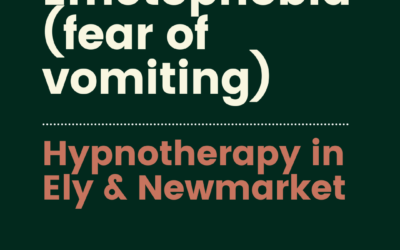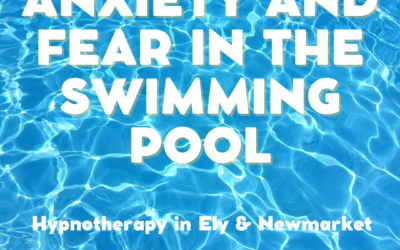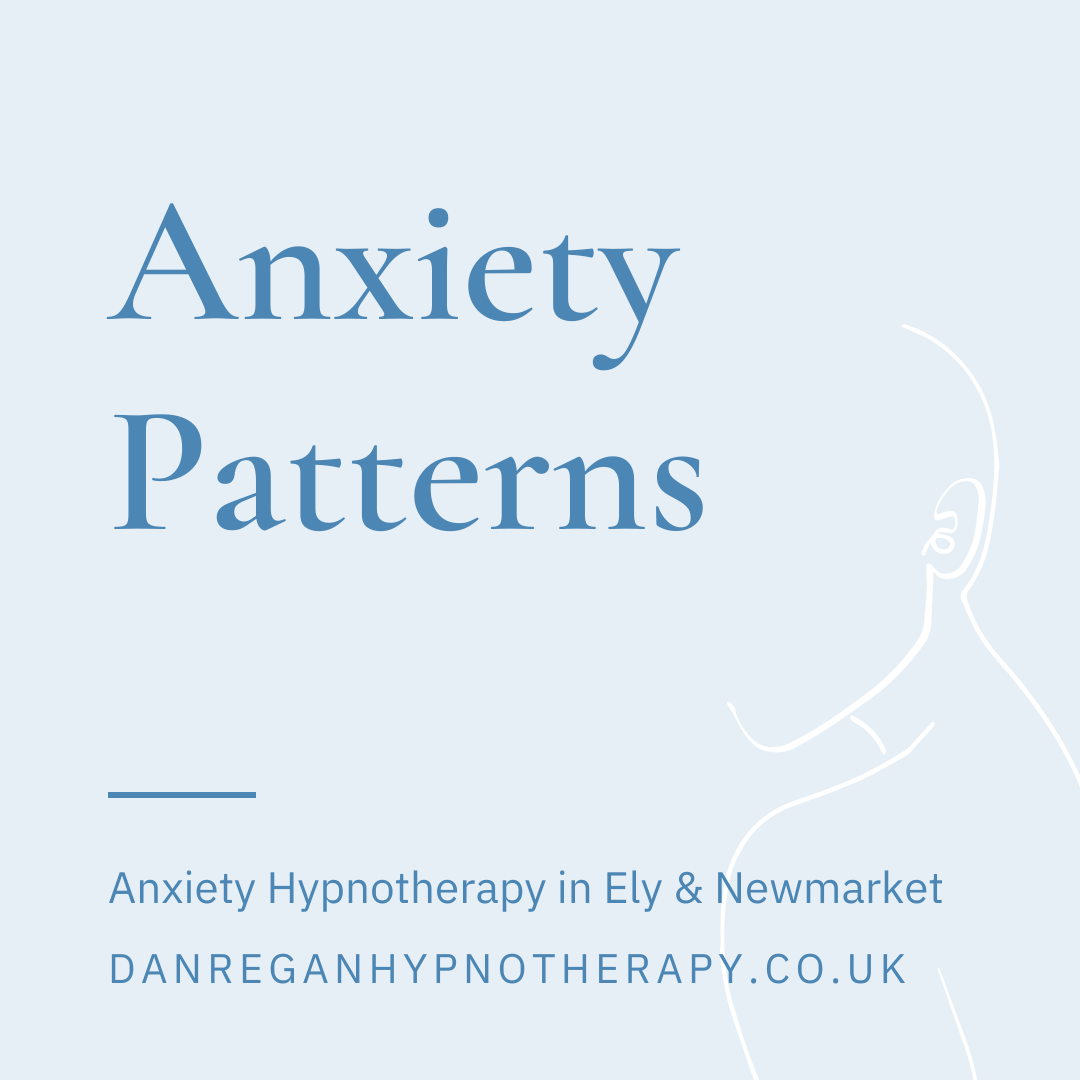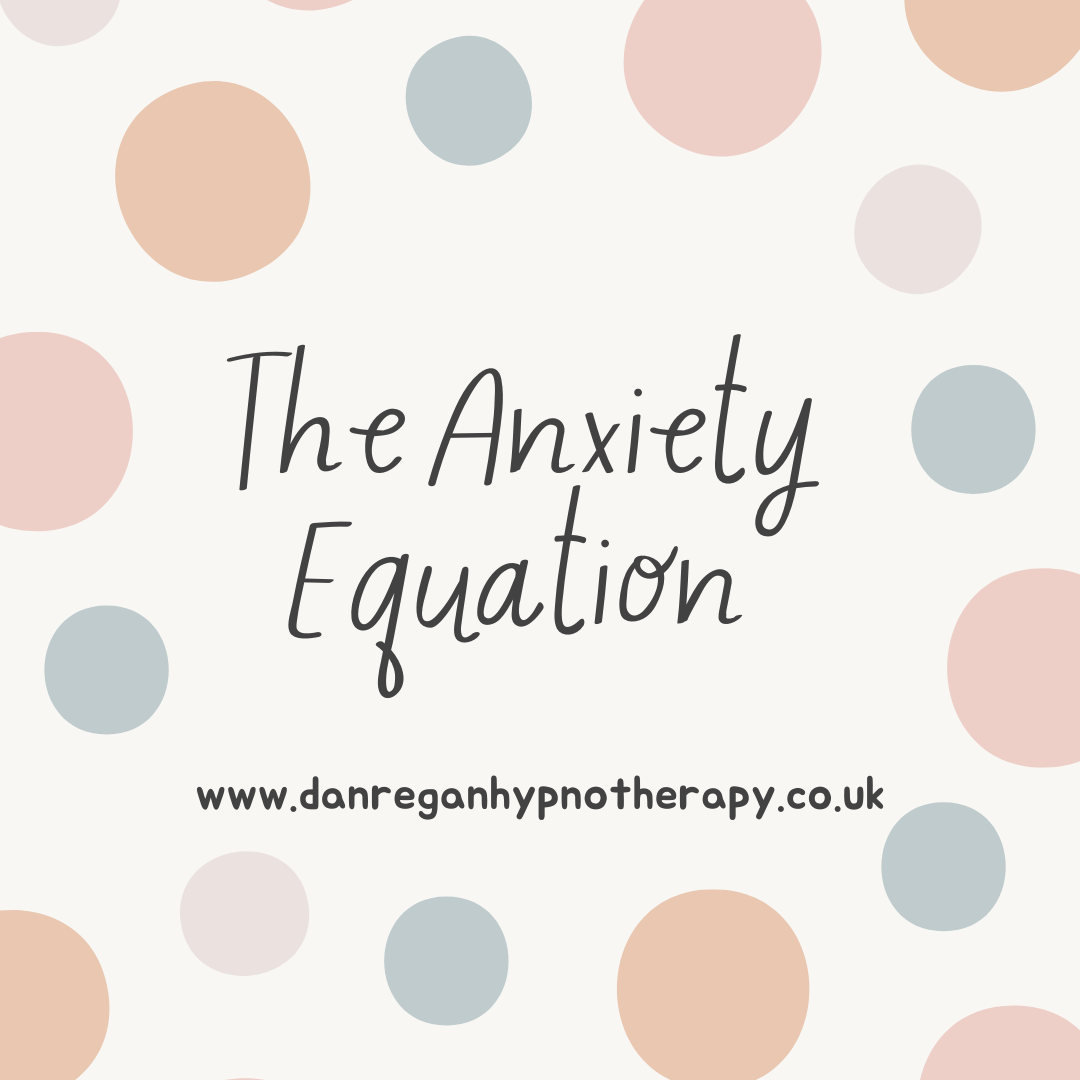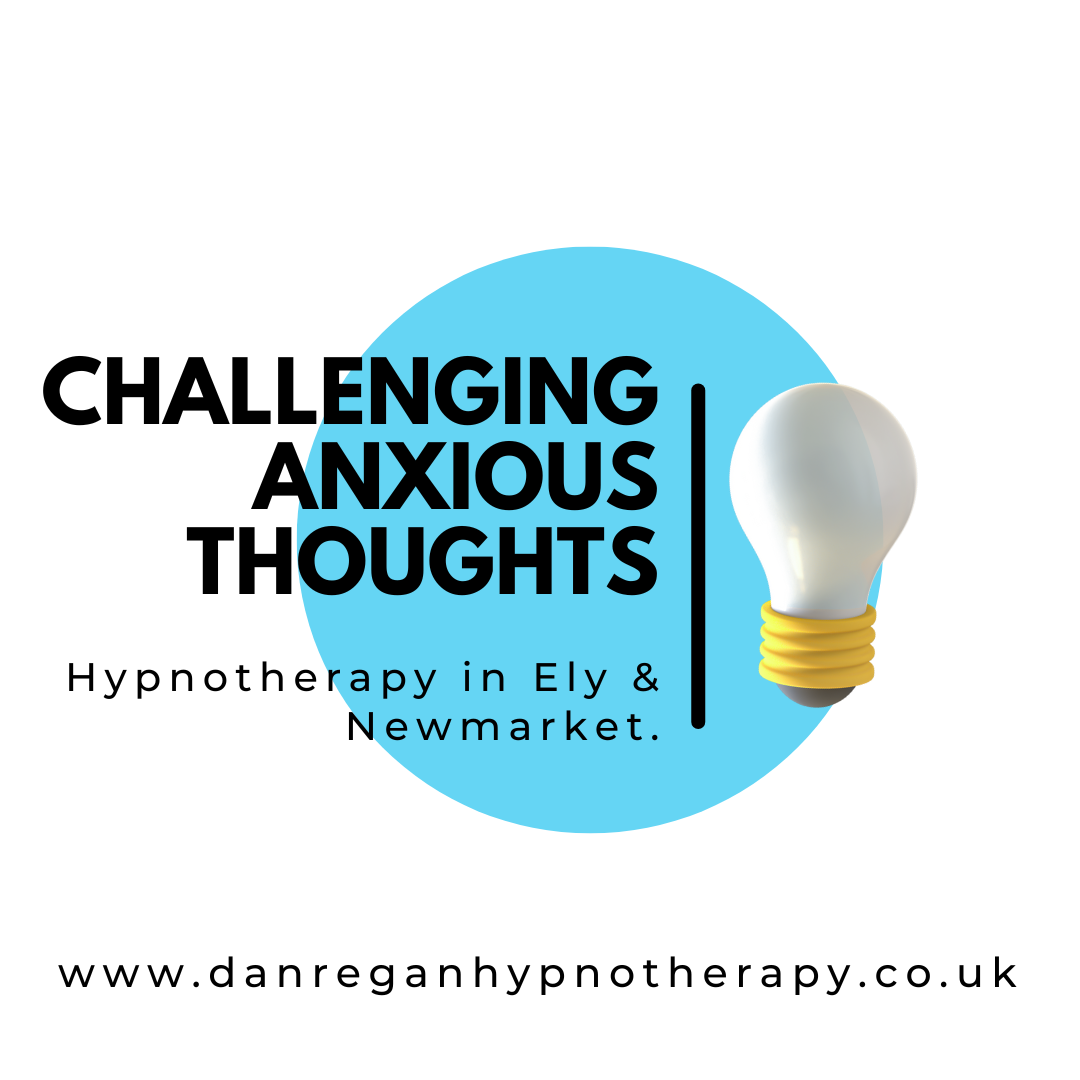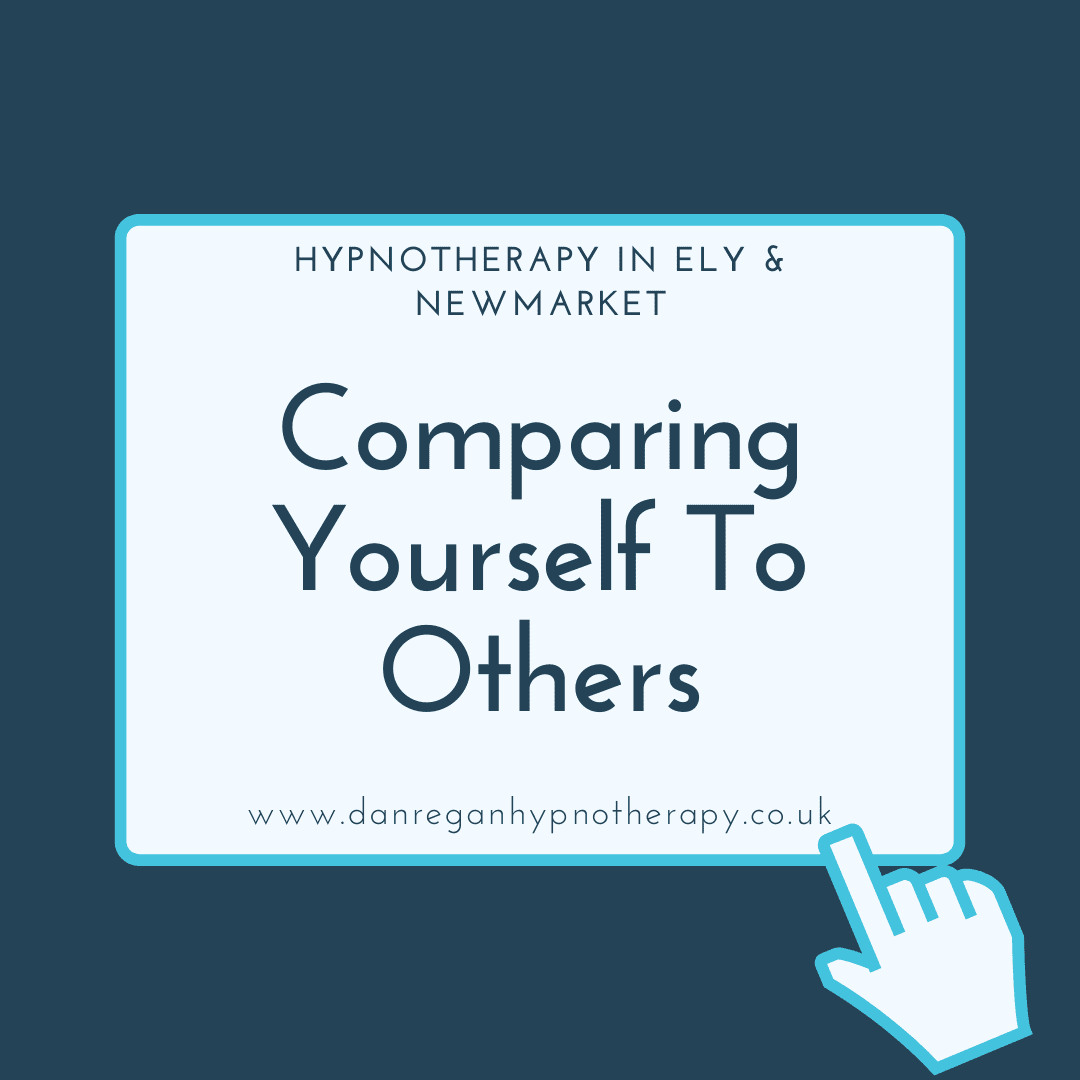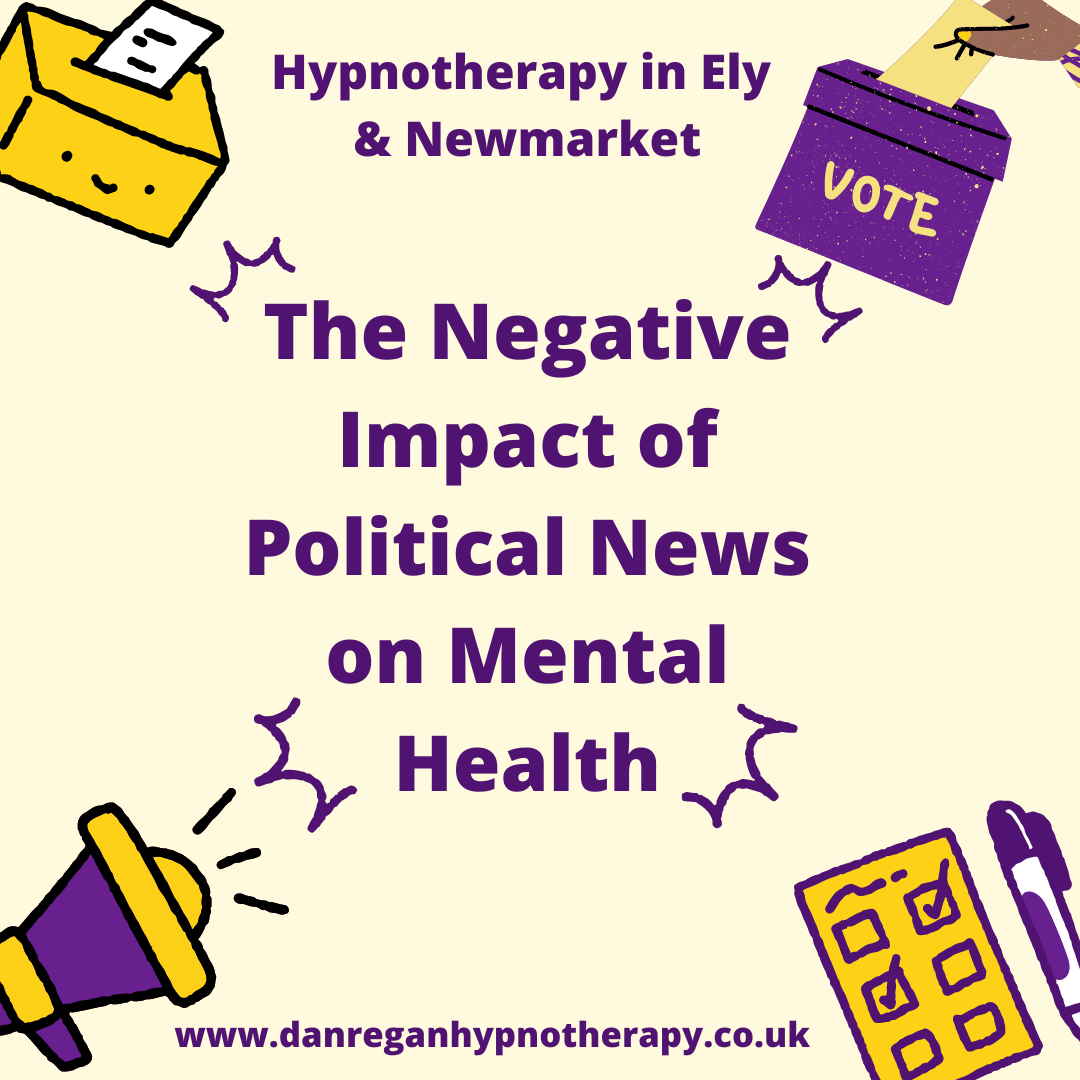Required
Sick of your Emetophobia? Hypnotherapy in Ely and Newmarket
Sick of your Emetophobia? Hypnotherapy in Ely and Newmarket
Emetophobia (fear of vomiting) can be a particularly debilitating form of anxiety and fear. After all, in theory there is the possibility that you or someone around you could become unwell and be sick at any moment. That possibility that anyone can vomit, and the uncertainty around what if it happens, drives the anxious thoughts and feelings that can easily start to control your life.
Emetophobia is a fear of vomiting or feeling sick, seeing or being near vomit, or watching someone else be physically sick. With many people I’ve helped with this, even the mention of the words ‘sick’ or ‘vomit’ can be enough to trigger a sense of rising anxiety.
As with all forms of anxiety and fear, avoidance or seeking to try and take control over things, tends to dominate. You may avoid alcohol or being around lots of people drinking as there is an increased possibility of someone being sick. You may struggle with travel, especially with boats, trains and planes where you are trapped and, again, where there is an increased possibility of someone being unwell. And most likely, things like fairground rides or anything that can cause that sick feeling in your stomach will be well off your fun things to do list.
Yet the fear and anxiety goes beyond just the problematic nature of avoiding these situations. Recently I worked with someone who would avoid any foods that they had eaten before a time they were sick before (even if the food wasn’t responsible for the vomiting), and who would also feel anxious if someone around them was eating that food. You may scan people as you go through your day for signs of them potentially being unwell, and you may be anxious if someone coughs of hiccups too much. I’ve also worked with people who struggle to go into certain rooms at home that they associate with them, or someone else, being sick on a previous occasion.
If you know someone has been unwell recently, even if they are now better, you might try and keep your distance from them. If there is a sickness bug going around, you can be on edge and fearful. And if you feel sick or someone close to you says that they feel sick, or in the worst case, you or they actually vomit, it can lead to uncontrollable panic.
Emetophobia limits your life and can lead to a roller coaster or anxious thoughts and emotions that impact upon your well-being, sleep, appetite, social life, relationships and ability to get on and do the things you need or want to do.

